Ben Rous,
Assistant Head of School
Director of Upper School
(Former Director of College Counseling)
Director of Upper School
(Former Director of College Counseling)
 HRA: We’re all familiar with the philosophical riddle, if a tree falls in the forest, and there is no one around to hear it, does it make a sound? Essentially, this question is exploring the role and relative dominance of objectivity versus subjectivity. Those who answer “yes” to the question are subscribing to an objective orientation, those who say “no” to a subjective one. In other words, saying “yes” means that you believe that sound exists objectively, independent of whether someone hears it or not; an answer of “no” means you think sounds only exist if they are subjectively heard.
HRA: We’re all familiar with the philosophical riddle, if a tree falls in the forest, and there is no one around to hear it, does it make a sound? Essentially, this question is exploring the role and relative dominance of objectivity versus subjectivity. Those who answer “yes” to the question are subscribing to an objective orientation, those who say “no” to a subjective one. In other words, saying “yes” means that you believe that sound exists objectively, independent of whether someone hears it or not; an answer of “no” means you think sounds only exist if they are subjectively heard.A student’s application to college is comprised of “objective” data in the form of standardized test scores, grades in high school, the number of AP or honors courses taken, extracurricular involvement, etc. There are also “subjective” data on display as well, often manifest through essays and letters of recommendation, that includes things like character, integrity, grit, resilience, dedication. Which is more dominant—which carries more weight— in the admissions process: the objective or the subjective?
Before I answer that, let’s ask another, related, question: which one should carry more weight? What should we as a society value more in a young person—their personal qualities, or their academic achievements? If it’s safe to assume that we value personal qualities in a person more than their achievements, then we should learn how to assess personal qualities better.
Certainly that’s the contention of Professor Mitchel Resnick of the Lifelong Kindergarten Project at the Massachusetts Institute of Technology (MIT). A professor of Learning Research, Dr. Resnick makes the case that K-12 schools too-often squelch a child’s innate creativity because of an objective orientation instead of a subjective one; in other words, Resnick says that, when it comes to schools, “we only value that which is easy to assess” as opposed to “assessing what we value. “It’s a weighty claim, and one worth unpacking.
K-12 schools, Resnick claims, value what is easily assessed: standardized testing and grades rather than learning how to more accurately assess what we profess to value as a culture (in this case, creativity, but also character, empathy, and resilience, for example). To recall my earlier question: Is this preference for the objective over the subjective that he claims is present in K-12 schools also present in the college admissions process? Of course it is! The real question should be: is the superiority of the objective in college admissions desirable? And if not, how might it be addressed and remedied?
One has only to notice the exponentially increasing instances of mental health issues among adolescents in America to understand that these mental health issues are directly related to the stress teenagers experience as they try to meet the ever-increasing expectations that selective colleges have for applicants. And the meeting of these onerous expectations is almost universally assessed via the objective data.
Of course, this practice hasn’t occurred in a vacuum, and there have been many attempts to reform the college admissions process (the “test optional” movement, books such as Colleges that Change Lives, and Where You Go Is Not Who You’ll Be, the mastery transcript movement, and the like). There is one in particular that I’d like to discuss.
It’s called “Turning the Tide”, part of the larger “Making Caring Common Project” housed in the Harvard Graduate School of Education (To learn more, please click here). Among its many suggestions, the Turning the Tide movement advocates for more of a subjectively-oriented career for high school students:
- Students should be encouraged to engage in meaningful, sustained community service that is authentically chosen, consistent, and well-structured, and that provides opportunity for reflection both individually and with peers and adults. The college admissions process should value this kind of service.
- Students should be encouraged to take collective action that tackles community challenges. The college admissions process should value this kind of action.
- Students should be encouraged to have authentic, meaningful experiences with diversity that focus on “doing with” not “doing for.” The college admissions process should value these kinds of experiences.
- Students should be encouraged to engage in service that develops gratitude and a sense of responsibility for the future. The college admissions process should value this kind of service.
That sounds wonderful, doesn’t it? Who wouldn’t want that to be the criteria for admission to ultra-selective colleges? It’s wonderful that Harvard and Stanford are no longer looking at the number of AP courses an applicant has taken as they review applications! It’s such a relief to know that they won’t care what kind of test scores an applicant has!
But, alas, they still do. Unfortunately, all that the Turning the Tide movement has seemed to do is to add to the requirements of a successful applicant at ultra-selective colleges—not replace any of them. Now successful applicants to highly selective colleges have to not only earn straight-A grades in the “toughest” classes and possess the requisite lofty standardized test score, but now they also have to demonstrate a meaningful and authentic commitment to community; all of which brings me back to Dr. Resnick’s observation about the existing relationship between value and assessments in K-12 education.
College admissions readers are still a long way from preferencing the subjective over the objective; worse still, an applicant needs to now be outstanding at both to be competitive at the most selective institutions in the world. But if you’ve been a faithful reader of this blog (and I’ll assume that you have been!), you know that there are alternatives to ceding your power to the often arbitrary and unimaginative process of admissions too-often practiced at the most selective colleges and universities.
Simply put, assess what you value when you consider your application to college; if you know that your involvement with forensics nourished you and challenged you to be a better, more complete human, then feel good about it and don’t apologize for the fact that the time commitment it required made you not take the murderous slate of AP courses that the most selective colleges admissions officers are also counting on.
Resist the trap of evaluating yourself primarily through the lens of objective data! Assess yourself on your own terms, based on what you hold dear!
I’d love to hear your thoughts!
HRA: Supporting Every Student
Hampton Roads Academy HRA) in Newport News, VA, celebrates the individuality of each student and is committed to creating a nurturing environment tailored to their needs. By focusing on personalized attention, HRA provides essential academic guidance, emotional support, and extracurricular activities that enable students to flourish. This commitment is grounded in a culture of respect and care that influences every interaction and initiative.
HRA is dedicated to ensuring its high-quality education is accessible to all families. Through customized tuition assistance programs, the school aims to eliminate financial barriers, allowing students to receive the education they deserve. HRA proudly offers a variety of resources and support to meet the diverse needs of its community with compassion and dedication.
HRA’s Commitment to Excellence
At HRA, education transcends the classroom. We focus on the holistic development of each student through a comprehensive academic program. Our curriculum promotes honor, integrity, and personal growth, recognizing each student’s unique strengths within a supportive community.
With small class sizes and personalized attention, HRA’s dedicated faculty offers tailored support to ensure student success. HRA cultivates a healthy and encouraging environment where students thrive physically, emotionally, and academically, empowering them to engage in a variety of academic and extracurricular activities, from athletics to the arts.
Why Choose HRA?
As the only independent school on the Peninsula serving Pre-Kindergarten through Grade 12, HRA provides a unique educational experience. Accredited by the Virginia Association of Independent Schools and a member of the National Association of Independent Schools, HRA maintains the highest standards of academic excellence.
Beyond academics, HRA offers numerous opportunities to enrich students’ development. HRA’s athletic programs foster teamwork, fitness, and sportsmanship, while our vibrant arts program allows students to explore their creativity in both visual and performing arts. Additionally, the REACH (Real-world Experience and Academic Choices) Initiative links academic learning to real-world applications, promoting personal growth, community service, and shared values.
Schedule Your Tour of HRA in Newport News, VA, Today!
At HRA, students receive an exceptional education that emphasizes character development and future success. HRA nurtures critical thinking, effective communication, teamwork, and a spirit of discovery, preparing innovative and empathetic leaders for a changing world. We invite families from Newport News, Poquoson, Hampton, and Williamsburg, VA, to schedule a campus tour and discover how our supportive environment can help their child reach their full potential.


